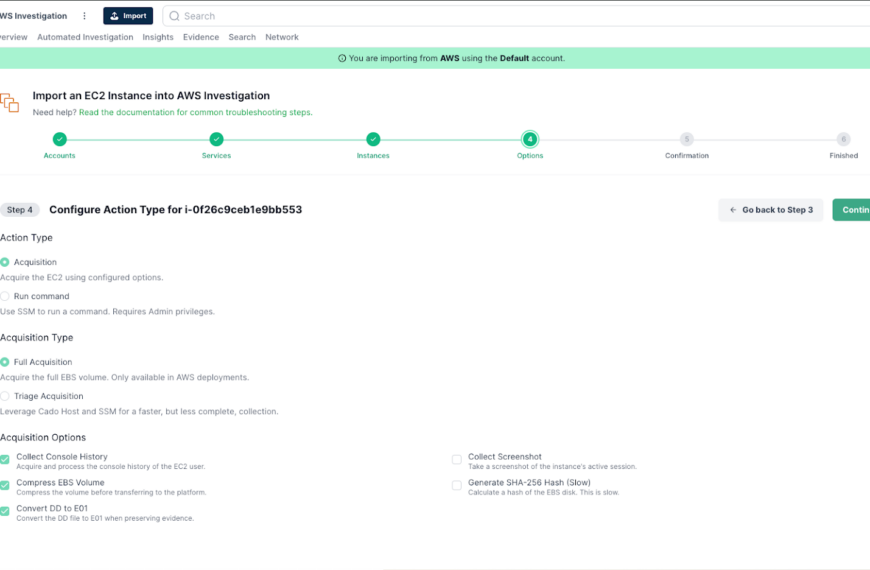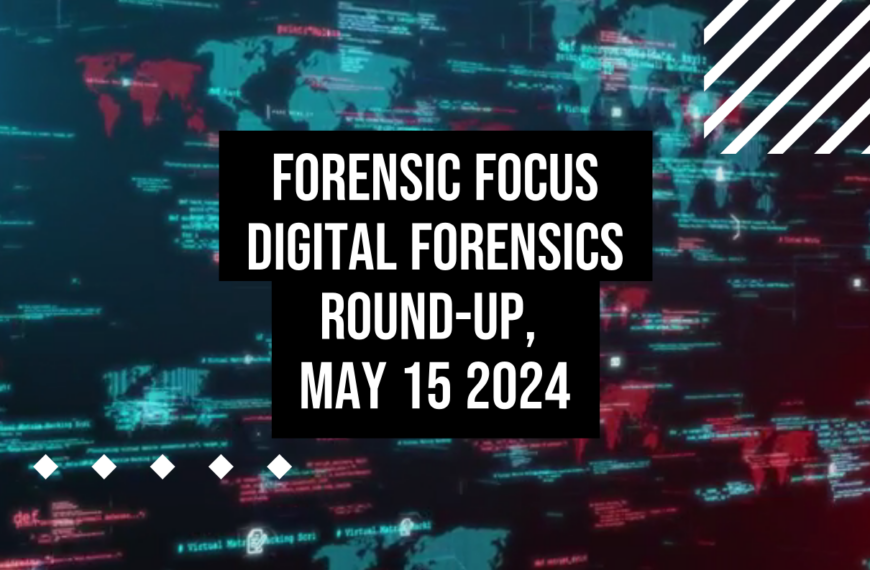As technology rapidly evolves, so too do the tools and techniques criminals employ to hide their activities. With nearly every case now involving some form of digital evidence, specialized digital forensics units have become mission critical for law enforcement. However, ongoing and unrestricted exposure to graphic evidence of abuse, violence and exploitation is taking a concerning psychological toll on investigators. More must be done to address the unique mental health risks experienced by digital forensic practitioners, before burnout and trauma deplete this already understaffed workforce.
The Expanding Role of Digital Forensics
According to the 2020 Digital Forensic Science Strategy, developed by the UK’s National Police Chief Council, ‘digital evidence is used for more than 90% of cases.’ Cell phones, computers, surveillance footage and online activities leave behind an electronic trail that forensic analysts meticulously piece together. As such, digital forensics has emerged as one of the fastest growing and most in-demand fields within law enforcement over the past decade.
Globally, many police departments and public prosecutor’s offices have established their own technology crime units and recruited specialized examiners to deal with the increased need for digital forensics. In the US, larger statewide labs have also opened to assist smaller municipal forces lacking technical resources. This expansion has meant forensic caseloads doubling or tripling year on year but while solving more crimes, it has also led to examiners routinely working overtime and accruing large backlogs. The time required to thoroughly process enlarged case volumes means forensic detectives now have more prolonged exposure to graphic evidence than ever before.
The Psychological Impact of Graphic Evidence
The 2021 paper ‘Avoiding Burnout at the Digital Forensics Coalface: Targeted strategies for forensic agencies in the management of job-related stress’ (Kelty et al.) raised the following concerns:
‘Recent evidence shows digital forensics experts are at risk of burnout and job-related stress. This may be related to the increase in digital evidence and/or repetitive exposure to challenging material, either face to face or via digital imagery in real time or post-event.’
Ongoing exposure to graphic evidence without breaks or processing time takes an undeniable mental toll on forensic investigators. Studies show examiners exhibit high rates of secondary trauma, compassion fatigue, avoidance behaviors and other PTSD symptoms from prolonged immersion in graphic files during case processing.
One survey of over 100 forensic analysts found that nearly 90% reported the work impacted them psychologically, with 35% meeting diagnostic criteria for PTSD. Common psychological effects included nightmares, insomnia, anxiety, inability to detach from graphic images off-duty, and increased substance abuse or risky behaviors as maladaptive coping. Other studies found forensic examiners three times more likely to suffer from depression or have contemplated suicide compared to traditional police officers.
The isolating nature of forensic work, wherein investigators rarely interact with victims and instead become immersed in graphic visual records of crimes, exacerbates psychological risks. Lacking oversight or reviews despite disturbing content, examiners describe feeling like “lone soldiers” responsible for confronting society’s worst acts alone with little support. Prolonged exposure without breaks or timeouts normalize trauma, increasing emotional numbing yet still resulting in severe stress reactions.
To address these issues, some departments are now tracking indicators like sick leave, errors, and impairments in a bid to understand and mitigate the impact of this demanding profession on their staff’s mental health. Recognizing and addressing these challenges is crucial for both the well-being of the examiners and the effectiveness of their vital work.
Strategies For Building Resilience
Preventative approaches to building resilience within forensic units are currently under development and include:
- Mandatory decompression sessions after graphic cases with mental health clinicians experienced in trauma
- Strict limitations on daily/weekly viewing of graphic evidence
- Forced “time-outs” where examiners must take a full day off after exceeding graphic media viewing thresholds
- Increased psychological screenings and support through Employee Assistance Programs
- Peer support groups among forensic analysts to normalize experiences and provide community
- Trauma-informed supervisory trainings so managers understand vicarious trauma signs
- Policy adjustments allowing for unpaid protected leave whenever therapists recommend time off due to distress
While reforms will take time to institutionalize, smart prevention programs ultimately save money while sustaining the specialized workforce that is so vital to solving crimes. With further study, criminal justice systems worldwide can – and must – establish national best practices in supporting digital forensic professionals confronted with society’s worst deeds.
Additional Resources
Mental health: research reveals harrowing impact of traumatic material on crime investigators
Improving the Mental Health and Well-Being of Forensic Examiners
Mental Health within Digital Forensics
Trauma and coping mechanisms exhibited by forensic science practitioners: A literature review















